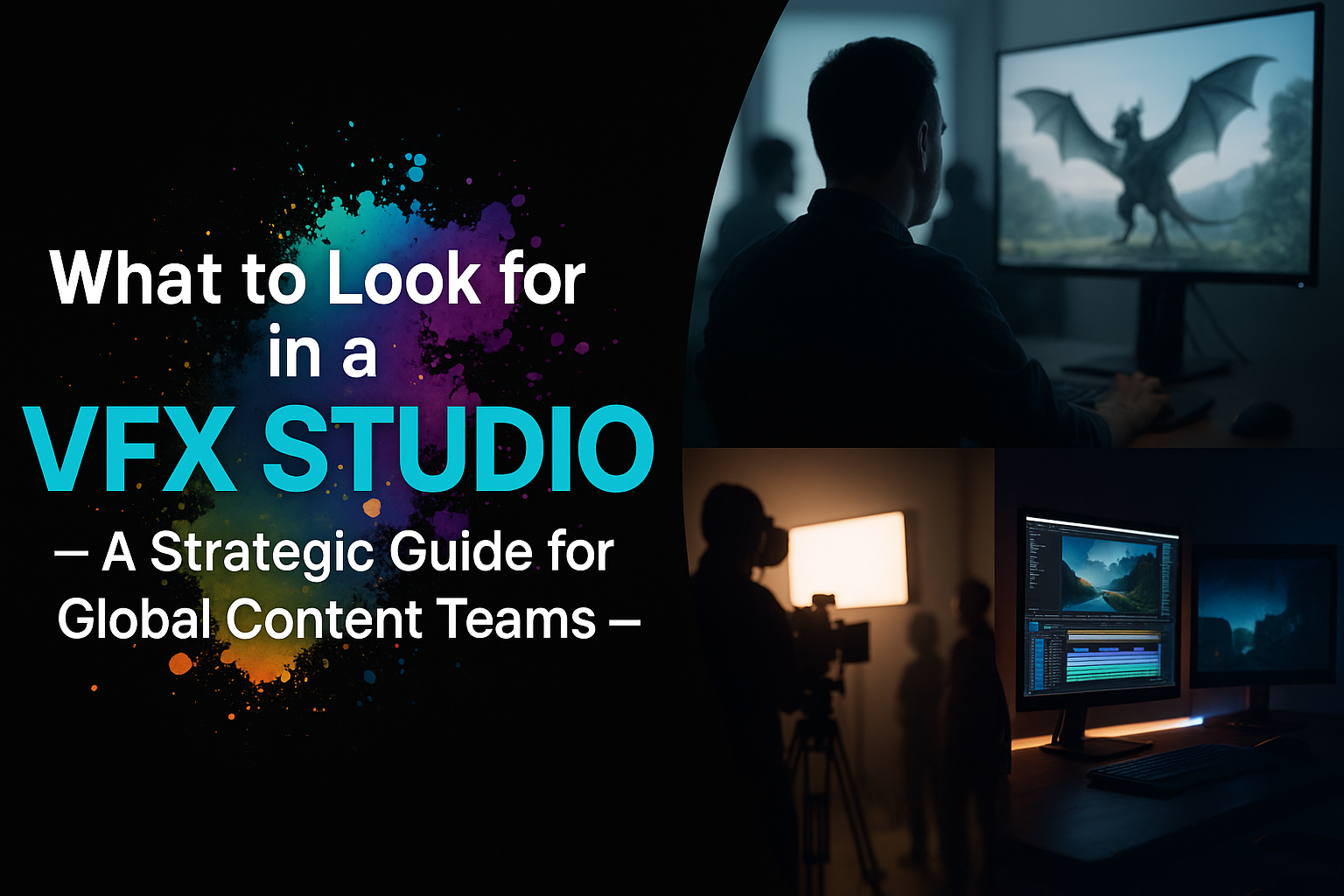Introduction
Over 80% of high-stakes streaming deals pass through just four agencies.
If you’re a CXO navigating film packaging, music tours, or influencer licensing, one misstep in agency selection can kill your ROI.
The agency world is shifting fast. Legacy giants like CAA and WME are consolidating power while digital-forward players like MediaCorp and HYBE are rewriting the rules of engagement.
I’ll show you how the elite agencies—CAA, WME, UTA, plus specialized boutiques—are shaping dealmaking across formats, rights, and borders.
Key Takeaways
| Topic | Description |
|---|---|
| Big‑Four Branding | Why CAA, WME, UTA dominate global dealmaking and packaging |
| Digital Evolution | How agencies adapt to NFTs, esports, and creator talent |
| Boutique Specialists | Why niche agencies still punch above their weight |
| Strategic M&A | Inside agency mergers, PE-backed expansions, and leadership shifts |
| Agency Selection | What talent buyers should evaluate across tiers and genres |
Level Up Your Market Intelligence

Hollywood Big Four Agencies
Creative Artists Agency (CAA)
CAA sets the gold standard for packaging. With its acquisition of ICM and dominance across film, sports, and branding, CAA is a kingmaker in deal flow. For global OTT buyers, it’s the first door to knock on.
William Morris Endeavor (WME)
WME, under the Endeavor umbrella, flexes serious cross-sector muscle. From UFC to IMG to scripted IP, WME is the most vertically integrated of the Big Four.
United Talent Agency (UTA)
UTA stands out for its digital chops—NFT clients, creator economy verticals, and strategic advisory through MediaLink. David Kramer’s recent CEO elevation signals an even sharper growth lens.
Paradigm Talent Agency
Paradigm continues to bridge the old-school live music world with streaming-era creators—essential for brands navigating concerts, syncs, and tour IP.
Digital & Creator Economy Agencies
Agencies like MediaCorp and HYBE are redefining what “talent” means. Think influencers, esports stars, digital-first creators.
UTA’s push into this space—with services from TikTok brand ops to NFT rights—makes them highly competitive for younger, high-engagement audiences.
Boutique & Specialized Agencies
Looking beyond the Big Four, firms like Studio LuluLala (SLL) and Cinetic Media are winning strategic deals in niche markets—from K‑pop to indie documentaries.
IMG doubles down on live events and brand integrations, critical for media CXOs building cross-platform campaigns.
Break Into the Right Talent Circles

Diversification & Strategic M&A
Post-COVID, agencies are racing toward consolidation. CAA absorbed ICM. Silver Lake took Endeavor private. UTA is active in M&A and private capital, reflecting how power centers are realigning.
For global buyers, understanding these moves isn’t optional—it’s critical for compliance, pricing leverage, and partner validation.
How to Choose the Right Agency
- Film vs Music vs Digital: Map agency strengths to your project type. Don’t use a music-first shop for film packaging.
- Submission strategy: Most top firms require referrals. Build a pitch pipeline via festivals, showcases, or trusted intermediaries.
- Boutique vs Mega: Choose scale when your project needs access; choose boutique when you need agility and personal attention.
Conclusion
Whether you’re sourcing talent, structuring cross-border deals, or planning your next slate, understanding agency dynamics is mission-critical.
The agency you choose can define your content pipeline and market reach.Get Your Vitrina Membership Today



























































